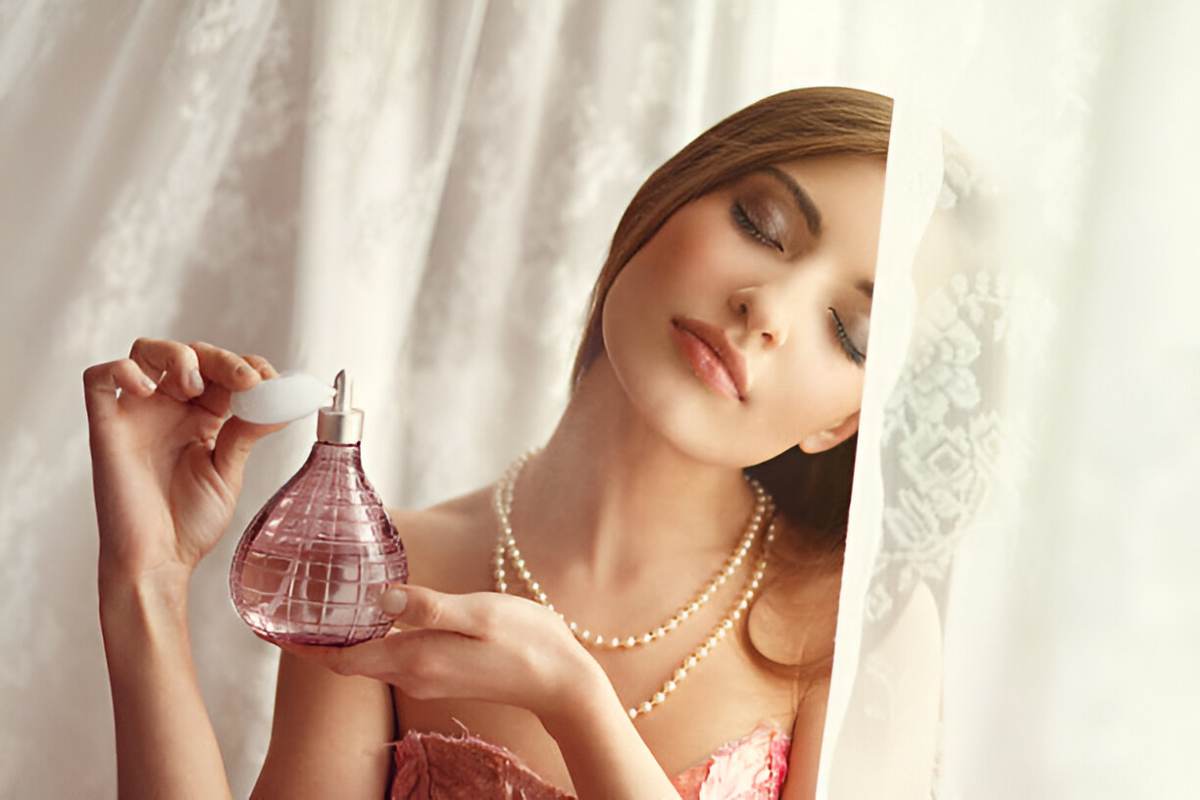Introduction
From the soft smell of fresh roses to the rich scent of jasmine at night, floral fragrances have always played an important role in human life. They remind us of nature, emotions, memories, and special moments. Even today, when perfumery has become advanced and creative, floral scents remain at the heart of many perfumes.
This guide explains floral perfumes in very simple words. It is written for fragrance lovers, beginners, and anyone curious about why floral scents never go out of style.
What Are Floral Scents?
Floral scents are fragrances inspired by flowers. They can smell light, sweet, fresh, creamy, or even deep and bold. Some perfumes focus on one flower, while others mix many flowers together.
Floral notes are often used as the heart notes of a perfume, meaning they appear after the top notes fade and stay for a long time.
Types of Floral Scents
Floral perfumes come in many styles. Understanding these types helps you choose better.
| Floral Type | Description | Best For |
|---|---|---|
| Single Floral | Focuses on one flower | Minimal lovers |
| Floral Bouquet | Mix of multiple flowers | Classic perfume fans |
| Soft Floral | Light and airy | Daily wear |
| Floral Oriental | Floral with spice | Evening wear |
| Floral Woody | Floral mixed with woods | Unisex use |
Popular Floral Notes in Perfumery
Certain flowers are used more often because of their unique scent qualities.
Rose
- Sweet and romantic
- Symbol of elegance
- Used in classic and modern perfumes
Jasmine
- Deep and sensual
- Often used in luxury fragrances
- Popular in night perfumes
Lavender
- Fresh and calming
- Common in unisex scents
- Loved for its relaxing feel
Ylang-Ylang
- Exotic and creamy
- Adds warmth to perfumes
- Used in tropical blends
Lily of the Valley
- Clean and fresh
- Cannot be extracted naturally
- Created using synthetic molecules
Floral Perfume Price Range Comparison (Average)
| Perfume Type | Price Range (Global Avg) | Best For |
|---|---|---|
| Budget floral perfume | $15 – $40 | Daily use |
| Mid-range floral | $40 – $90 | Office & gifting |
| Luxury floral perfume | $100 – $300+ | Events & collectors |
Simple truth:
Price does not always mean better smell — it often means branding and ingredient sourcing.
A Short History of Floral Perfumes
Flowers have been used in scents for thousands of years.
- Ancient Egypt used floral oils for rituals
- Romans enjoyed rose water
- Medieval Europe used flower waters for hygiene
This long history made florals essential in modern perfumery.
Why Floral Perfumes Remain Popular
Floral scents continue to attract people for many reasons.
Emotional Connection
Flowers remind people of love, peace, celebration, and nature.
Versatility
Floral perfumes work for:
- Office
- Weddings
- Casual wear
- Special occasions
Wide Variety
From soft to bold, florals suit every personality.
Floral Perfume Popularity by Country (2026 – Estimated Trends)
This table shows where floral perfumes are most used based on market reports, search trends, and cultural preference.
| Country / Region | Floral Perfume Usage | Popular Floral Notes |
|---|---|---|
| India | ~42% of perfume buyers | Jasmine, Rose |
| France | ~38% | Rose, Iris |
| Middle East | ~35% | Rose, Orange blossom |
| USA | ~28% | Lavender, Peony |
| Japan | ~22% | Lily, Sakura |
Modern Floral Perfume Trends
1. Unisex Floral Fragrances
Floral perfumes are no longer limited to women. Men now enjoy rose, lavender, and jasmine blended with wood or spice.
2. Sustainable Floral Sourcing
Many brands now focus on ethical farming, which connects floral perfumery with sustainable fashion values.
3. Synthetic Floral Molecules
Science allows perfumers to recreate flowers that cannot be naturally extracted. This improves availability and reduces environmental harm.
4. Niche Floral Perfumes
Independent brands experiment with rare flowers and bold blends.
Perfume Category Market Share (2026 – Estimated)
| Category | Market Share |
|---|---|
| Floral | ~46% |
| Woody | ~22% |
| Oriental | ~18% |
| Fresh/Citrus | ~14% |
Why florals dominate:
They suit more climates, occasions, and age groups.
How Technology Helps Create Floral Scents
Modern tools help capture delicate flower aromas.
- Advanced distillation
- Headspace technology
- Lab-created molecules
These methods protect natural resources and improve scent quality.
Floral Scents and Human Mood
Floral fragrances affect emotions:
- Lavender helps relaxation
- Rose boosts confidence
- Jasmine feels romantic
This is why florals are also used in spa products and wellness routines.
How to Choose the Right Floral Perfume
Choosing a floral fragrance depends on personal taste.
Consider Your Personality
- Soft person → Peony or lily
- Bold person → Rose or jasmine
Test on Skin
Body chemistry changes how perfume smells.
Think About Occasion
Light florals for day, rich florals for evening.
Floral Blends Explained Simply
Many perfumes mix multiple flowers to create depth. A rose-jasmine blend smells different from peony-lily combinations. These blends develop over time on skin.
Floral Perfumes for Men and Women
Floral scents now represent self-expression rather than gender. Woody florals suit men, while creamy florals appeal to women. Many people enjoy unisex blends.
Using Floral Perfumes Correctly
- Apply on pulse points
- Do not rub perfume
- Store bottles away from sunlight
These tips help fragrance last longer.
Floral Perfumes and Personal Style
Floral fragrances often match beauty routines. People who enjoy editing beauty tutorials or creative styling often experiment with different floral blends.
Floral Perfumes: Daily Wear vs Occasion Wear Comparison
| Usage Type | Best Floral Style | Reason |
|---|---|---|
| Daily office | Soft floral | Not overpowering |
| Summer wear | Fresh floral | Feels light |
| Evening events | Floral oriental | Rich & warm |
| Weddings | Floral bouquet | Classic & elegant |
| Spa / wellness | Lavender floral | Calming effect |
FAQs About Floral Scents
Are floral perfumes only for women?
No. Floral perfumes are now widely unisex.
Do floral perfumes last long?
Longevity depends on blend and skin type.
Are synthetic florals safe?
Yes, when approved and used correctly.
Common Myths About Floral Scents
- Florals are old-fashioned (Not true)
- Florals are always sweet (Many are fresh or woody)
Future of Floral Perfumery
The future includes:
- Eco-friendly practices
- Creative blends
- Inclusive fragrance design
Floral scents will continue evolving.
Final Thoughts
Floral perfumes connect humans to nature, emotions, and memories. Their ability to adapt to trends, technology, and sustainability keeps them relevant. Whether soft or bold, floral scents remain timeless.

